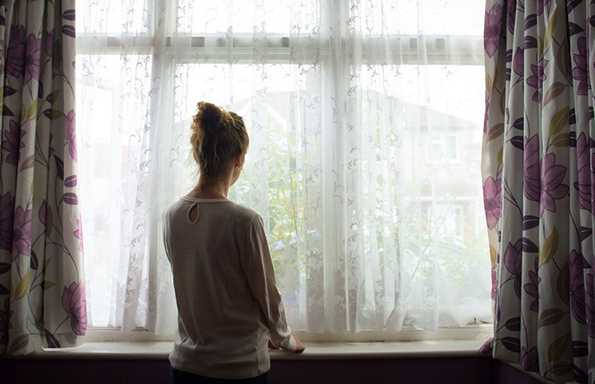In 2014, the UK Government published a Modern Slavery Strategy that sets out how Government, law enforcement, NGOs and other partners would tackle modern slavery and this remains one of its top priorities.
Currently, a 45-day statutory period of support is available to survivors of modern slavery through the National Referral Mechanism (NRM) but a number of studies, including by Dr Balch from the University of Liverpool have demonstrated gaps and weaknesses in this with individuals often being left in precarious situations at the end. In October 2017 the government announced an extension to support in and outside NRM system, but it remains to be seen how this will be implemented and what impact this will have.
The Independent Anti-Slavery Commissioner highlighted the issue of long-term support for survivors. To help address this crucial gap in support for victims and intervene, Co-op launched the Bright Future programme in April 2017.
The Bright Future programme is an employment model which offers those eligible, and who have been identified as victims of modern slavery, the opportunity of a paid work placement and a potential job to suitable candidates in their food business.
Based on his research expertise on the politics and policy of immigration and efforts to combat forced labour and human trafficking, Dr Alex Balch from Department of Politics and a team of researchers were commissioned by Co-op to carry out an assessment of the Bright Future Programme and to evaluate its relevance, efficiency and effectiveness as well as to consider its sustainability and results so far.
Their report provided Co-op with advice focussed on lesson-learning and provided guidance on how their programme can be improved and enhanced. The findings concluded that Bright Future forges a clear pathway for one group of survivors of modern slavery to rebuild their lives. It provides a remarkable opportunity for survivors to experience decent work, and to enjoy the dignity and personal stability which goes with this.
However, a number of areas could be improved, especially if Bright Future is to be sustainable, or scaled up to a larger, national level. Dr Balch is due to present the report at a parliamentary round table discussion chaired by Frank Field MP to discuss how it might inform national efforts to address the problem of long-term integration of survivors of modern slavery.
Co-op pledged to provide 30 survivors of modern slavery with this opportunity. To date 12 survivors have completed the Programme with a further 19 either in progress or under discussion in Co-op Food stores and a Distribution Centre.
Paul Gerrard, Director of Policy and Campaigns at the Co-op, said:
“Earlier this year we launched our Bright Future programme, designed to create employment opportunities for survivors of modern slavery.
“This unique scheme has already enabled us to offer 12 placements in our food stores and warehouse depots to some of the most vulnerable people and we are now looking to extend it further. However, before we do so it was important that we evaluated our work to date.
“That is why we asked Dr Alex Balch, Co-Director of the Centre for the International Study of Slavery at the University of Liverpool to lead this important research into the first few months of the project.
“The result was a comprehensive evaluation of the scheme so far, together with a clearly written report, which will help direct our thinking and enable us to make improvements before we scale up this important project.”
A copy of the interim report published by Co-op on 8 November 2017 can be found here https://www.co-operative.coop/ethics/bright-future
This project has been supported by the University’s Consultancy Team to find out more, please visit: https://www.liverpool.ac.uk/research/collaborate/how-you-can-work-with-us/consultancy/
